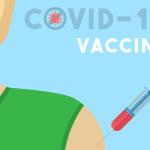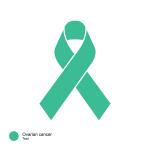Here are the eleven from Nature, plus two bonus picks from me.
ovarian cancer
Ovarian cancer is, thankfully, given its poor prognosis, a rare disease in the US – estimated lifetime risk of 1.5%.
In the spirit of Breast Cancer awareness month and promoting women’s health, we are excited to have had Dr.
Ovarian cancer is hard to detect and, according to the American Cancer Society, "Ovarian cancer accounts for about 3% of cancers among women, but
Computer Chip Worker in South Korea, via Shutterstock
In today's "you never know what is around the corner" department, a surprising story out of M.D.
This year, over 21,000 new cases of ovarian cancer are expected in the United States, and over 14,000 dea






